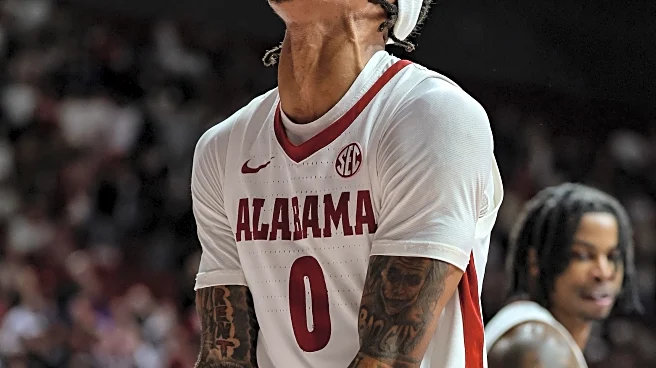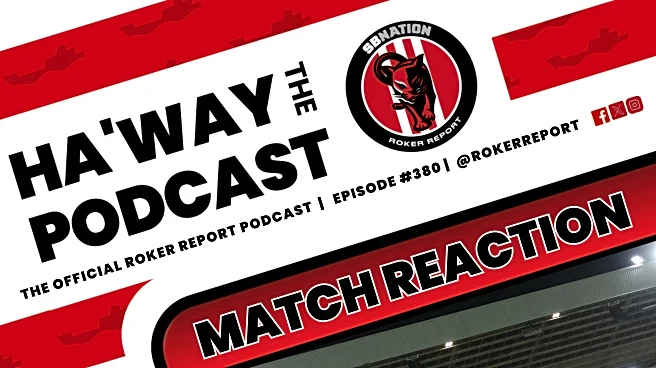Rapid Read • 8 min read
Two Japanese boxers, Shigetoshi Kotari and Hiromasa Urakawa, have tragically died from brain injuries sustained during separate bouts on the same card at Tokyo's Korakuen Hall. Kotari, aged 28, collapsed after a 12-round draw against Oriental and Pacific Boxing Federation junior lightweight champion Yamato Hata on August 2. Despite undergoing emergency brain surgery for a subdural hematoma, Kotari passed away on Friday. Similarly, Urakawa, also 28, died after suffering a knockout loss to Yoji Saito, having undergone a craniotomy in an attempt to save his life. In response to these incidents, the Japanese Boxing Commission has decided to reduce all OPBF title bouts from 12 rounds to 10, aiming to enhance fighter safety.
AD
The deaths of Kotari and Urakawa highlight the inherent risks associated with professional boxing, prompting a reevaluation of safety measures within the sport. The decision by the Japanese Boxing Commission to shorten OPBF title bouts reflects a growing concern for athlete welfare and may influence other boxing organizations to consider similar changes. This development could lead to broader discussions on the regulation of combat sports, potentially affecting training practices, medical protocols, and the overall structure of boxing matches. The tragedy underscores the need for continuous assessment of safety standards to prevent future fatalities and protect athletes.
The Japanese Boxing Commission's decision to reduce the number of rounds in OPBF title bouts is likely to spark further debate within the boxing community regarding the balance between competition and safety. Stakeholders, including promoters, trainers, and medical professionals, may engage in discussions to explore additional measures to safeguard fighters. There could be increased advocacy for improved medical screenings and post-fight evaluations to detect and address injuries early. The international boxing community may also monitor these developments closely, considering potential implications for global boxing regulations.
The tragic deaths of Kotari and Urakawa may lead to deeper reflections on the ethical responsibilities of sports organizations in ensuring athlete safety. This incident could prompt a cultural shift in how combat sports are perceived, emphasizing the importance of prioritizing health over entertainment. Long-term, there may be calls for more comprehensive research into the effects of repeated head trauma, influencing future policy decisions and public awareness campaigns about the risks associated with boxing.
AD
More Stories You Might Enjoy












